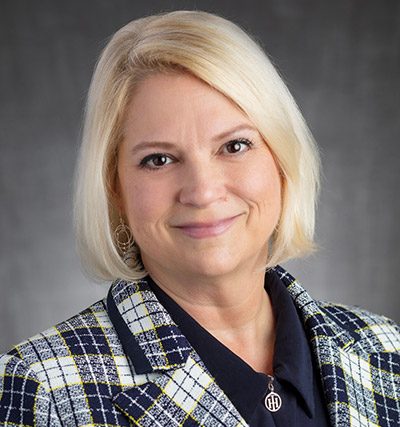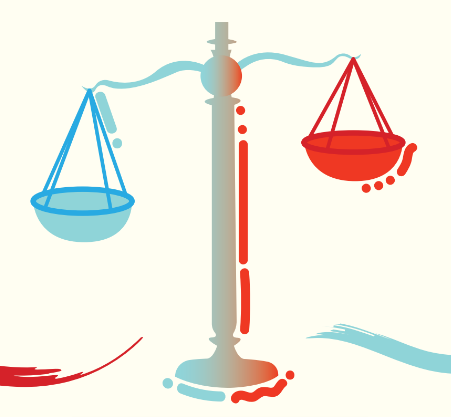By Shannon O’Brien/reporter
A senior fellow for the Foundation for Critical Thinking told students how important emotions are when thinking critically during an Oct. 30 workshop on TR Campus.
“Critical thinking is not emotionless thinking,” Gerald Nosich said. “It is not like you just put your emotions off for this. Emotions are actually a fundamental part of critical thinking.”
Nosich asked students to think and write down, “What assumption do you make about the person you have a relationship with?”
Lindsey Barr, a student attending the workshop, said, “My assumption of someone I have a relationship with is that they should know how I am feeling without having to tell them.”
Nosich wanted students to focus on questions they would not normally ask themselves unless something went wrong.
He showed a pie chart, including eight sections representing elements of thought. Those elements were point of view, purpose, question at issue, information, interpretation and inference, concepts, assumptions and implications and consequences.
This diagram showed that all reasoning is based off the eight sections of the pie chart, he said.
“All these elements of thought allow you to think critically about anything,” Nosich said.
The next diagram he showed was the three levels of thought. It described that lower-order thinking is often distinguished from higher-order thinking, which can be inconsistent in quality and either fair or unfair. To think at the highest quality level, people need not only intellectual skills but intellectual traits as well.
These critical thinking skills and tools help people gain better control of their own learning as well as empathy for other points of view, he said.

































